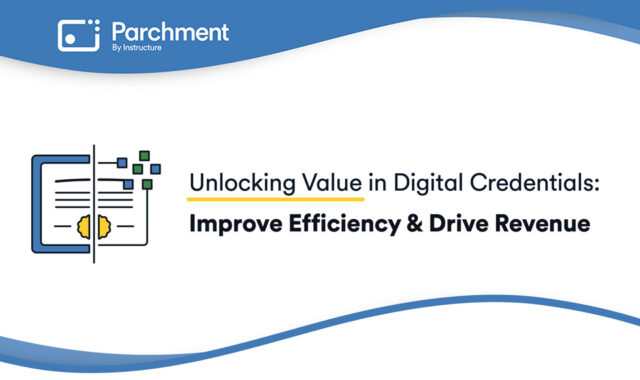In an environment where nearly one-third of learners struggle to complete their 4-year degree within six years, higher education systems and institutions are looking for new approaches to provide the pathways learners need to stay on track. One strategy that many systems are exploring is course sharing.
Course sharing eliminates barriers to learner success by breaking down institutional silos and leveraging collaboration across institutions to expand access, provide more opportunities to complete degree requirements, and improve system-wide learner outcomes.
But as a state system leaders embark on strategic course-sharing initiatives, they often encounter pitfalls along the way. If not addressed, these unanticipated obstacles could thwart even the most carefully laid plans.
Don’t let these three pitfalls derail your course-sharing initiative. Here are our suggestions for how to overcome them.
Pitfall #1: You Haven’t Involved the Right People
Course sharing is an initiative that touches many parts of a system and its institutions. From admissions and registration to IT, academic affairs, and financial aid, there are many individuals who you need to involve for your course-sharing initiative to succeed. Failing to include the right people – right from the start – is a surefire way to slow down your effort before it even begins.
As you begin to build your team, Parchment recommends that you have representation from all of your system’s institutions and that they are committed to providing the resources needed from all parts of their institution. After all, a successful course-sharing initiative depends on buy-in and involvement from all member institutions.
Next, we recommend asking for resources from each of the following departments, and empowering these individuals with the ability to make policy and configuration decisions related to your course-sharing initiative and the technology you’re using to support it.
- IT
- Admissions, Records, and Registrar
- Academic Affairs, Online Learning
- Financial Aid and Learner Accounts Receivable
Finally, in our experience with multiple systems and hundreds of institutions, we found that assigning a project lead who can oversee and manage activities across the initiative is a key success factor. There are many moving parts when it comes to course sharing, but when you have a single person leading the charge, you are more likely to stay on track.
Pitfall #2: You Don’t Have the Right Technology
Many course-sharing initiatives rely on highly manual processes. And when processes are manual, not only are they prone to error, but they are also slow and often provide a frustrating and disjointed experience for learners and staff.
To set your course-sharing initiative up for success, you need a modern course-sharing solution like the one Parchment provides. But buyer beware, not all course-sharing solutions are created equal. And choosing the wrong one could put your strategic efforts at risk.
While there are many questions you should ask when evaluating course-sharing solutions, here are a few we think are critical:
- Does the solution support multi-SIS integration? Whether you are enabling collaboration among the institutions in your system or collaboration across multiple systems within your state, it’s unlikely that every institution will use the same SIS. Multi-SIS integration provides numerous benefits, including improving the experience for students and reducing the burden on your administrative resources. It also helps you to transfer data in real time, eliminate manual work, and increase partnership opportunities.
- Is the solution SOC 2, Type 2 compliant? Because course sharing deals with learner data from multiple institutions across multiple systems, this level of security is critical to ensure protection of sensitive data. When a solution is SOC 2, Type 2 compliant, it means it adheres to the best security practices related to data. This is an important certification, and if a vendor tells you they conduct third-party audits, be sure to ask them if they are SOC 2, Type 2 compliant.
- What is the pricing model? Having predictable, year-over-year costs is important. So when evaluating course-sharing solution providers, ask how they price their solution and associated implementation costs. Ensure you understand the full picture of the investment before you begin.
Pitfall #3: You Haven’t Considered All the Policy Decisions You Need to Make
When it comes to course sharing, there are numerous policy decisions to be made. And the complexity of these decisions varies depending on several factors, such as whether your initiative involves multiple systems within your state.
This pitfall can be a tricky one to navigate. But by selecting the right partner – one who understands the policies and the technology – is a good first step.
Parchment is that partner. During your implementation, our team of experts can help guide you through all of the policy decisions that arise and provide recommendations based on best practices we’ve collected during our experience partnering with multiple systems and hundreds of institutions. These decisions fall into categories such as:
- Learner eligibility
- Course inventory and registration
- Finance and billing
- System-wide business processes
Launching a course-sharing initiative is an excellent way to break down the barriers to graduation and ensure learner success. And with the right team, the right technology, and the right partner to help you navigate potential pitfalls, you’re sure to succeed.
To learn more about how Parchment Course Sharing can streamline workflows across institutions and create a seamless cross-enrollment experience for learners, let’s schedule a brief introductory call to explore your specific goals.
Start a Conversation




